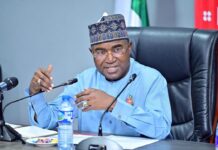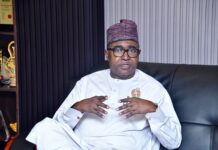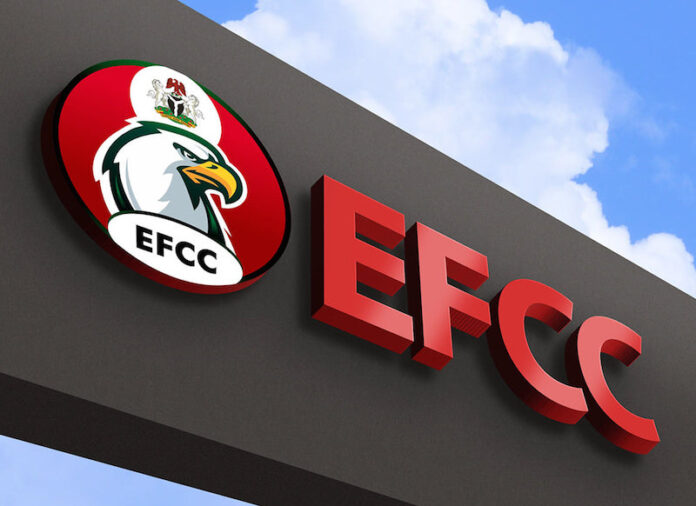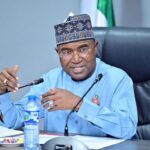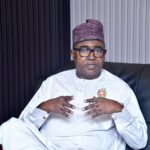Former Minister of Power and Steel, Dr Olu Agunloye, has taken legal action against the Economic and Financial Crimes Commission (EFCC) for publishing his name on its wanted list. He filed a N1 billion lawsuit, alleging unlawful actions by the anti-graft agency. The case is set to be heard in April before Justice Emeka Nwite of the Federal High Court, Abuja.
Dr Olu Agunloye, who served as Minister of Power and Steel under ex-President Olusegun Obasanjo, has filed a N1 billion lawsuit against the EFCC over allegations of defamation. The suit, marked FHC/ABJ/CS/167/2024, was filed by his legal team led by Mr. Adeola Adedipe, SAN. The former minister has also named the Attorney-General of the Federation (AGF) as the second defendant in the case.
In the affidavit personally deposed by Dr Agunloye, he expressed his distress over being listed on the EFCC’s website as wanted for corruption and forgery. He argued that the publication has subjected him to ridicule and stripped him of his dignity and freedom of movement. Dr Agunloye emphasized that the actions of the EFCC have negatively affected his reputation both domestically and internationally.
The lawsuit seeks six reliefs, including a declaration that the EFCC acted unlawfully by declaring him wanted without recourse to judicial intervention or constitutional safeguards. Dr Agunloye is also seeking the removal of his name and details from the EFCC’s wanted list and a perpetual injunction against further declarations of his wanted status by the agency.
Dr Agunloye’s legal team contends that the EFCC’s actions amount to arbitrariness, oppression, and a violation of its statutory powers. They argue that despite being presumed innocent in a criminal trial, Dr Agunloye continues to face unlawful persecution by the EFCC.
Dr Olu Agunloye’s lawsuit against the EFCC highlights the contentious issue of the agency’s powers and its handling of individuals accused of corruption. The case underscores the importance of upholding due process and constitutional safeguards in law enforcement actions. As the legal proceedings unfold, the outcome will have significant implications for the accountability and transparency of anti-corruption efforts in Nigeria.







